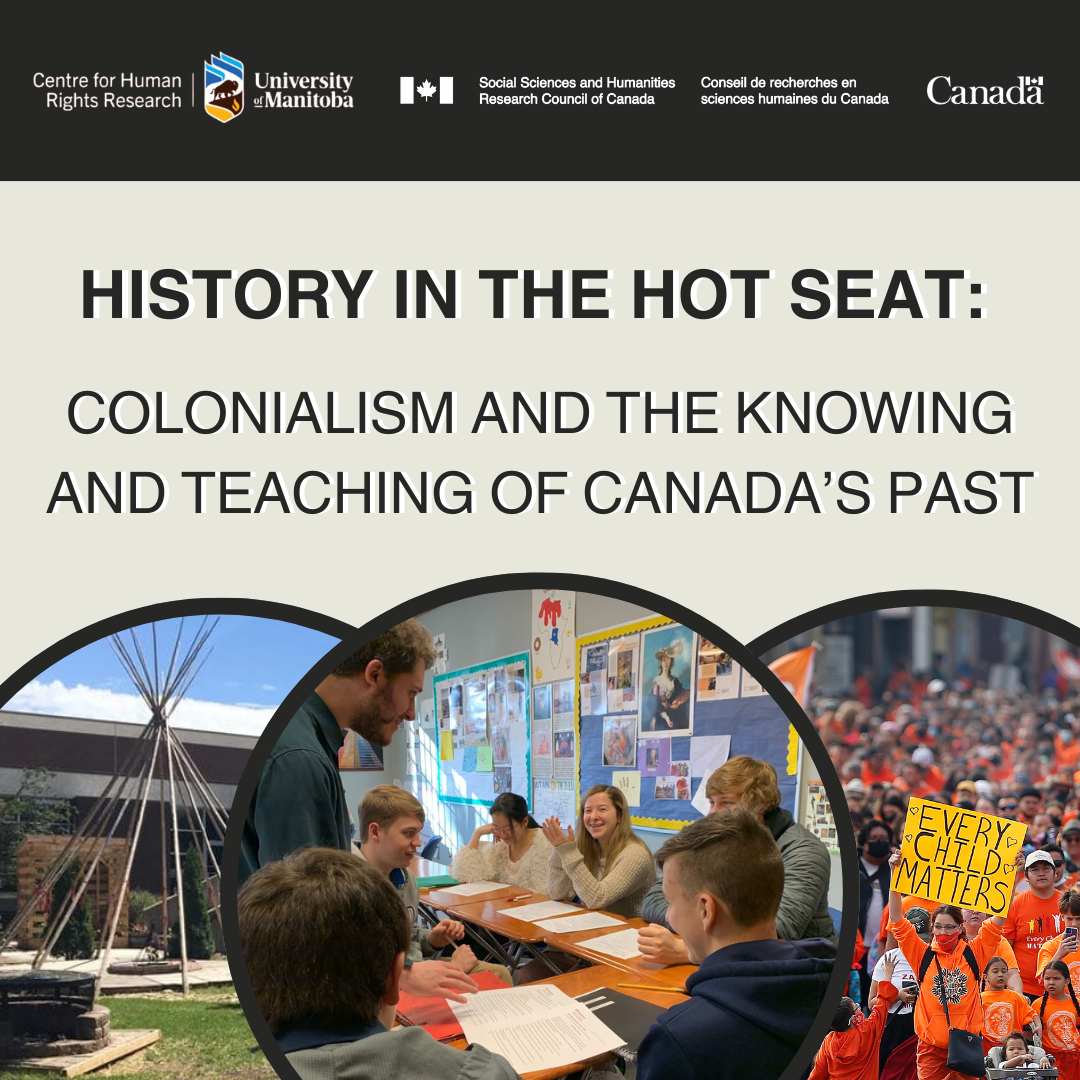History in the Hot Seat: Colonialism and the Knowing and Teaching of Canada’s Past - A Final Report
2024
Hannah Belec, Katja Buchholz, Jamie Nienhuysen, Adele Perry, Sean Carleton, Jocelyn Thorpe, and Pauline Tennent

In recent years, we have witnessed a sustained questioning of how we understand, remember, and celebrate Canada’s past in light of ongoing histories of colonization, dispossession, and systemic racism. In conventional scholarly publications, grey literature, and popular media, we can see a reconsideration of Canada’s past and how it should be taught, understood, and marked within and beyond academia. This reckoning with imperial and racial pasts is global in scope but has had a particular trajectory and impact within the context of Canada. Canada’s past has been in the hot seat. The History in the Hot Seat Knowledge Synthesis project identifies and assesses the state of current English-language knowledge in Canada that has been produced since History in the Hot Seat works to provide knowledge that will be valuable for academics, public history professionals and organizations, educators and others working to develop and sustain visions of Canada’s past that recognize the role of colonization, dispossession, and systemic racism in Canada’s past.
History in the Hot Seat is part of the 2024 Knowledge Synthesis Grant Competition, funded by the Social Sciences and Humanities Research Council (SSHRC) in partnership with Canadian Heritage, Genome Canada, and UK Research Innovation’s Arts and Humanities Research Council (UKRI-AHRC). The theme of the 2024 Knowledge Synthesis Grant Competition, “Evolving Narratives of Cultures and Histories,” aims to assess and mobilize the existing knowledge on how factors such as globalization, war, colonization, racism, slavery, climate change, technology, social media, and more have shaped or changed cultural and historical narratives.


